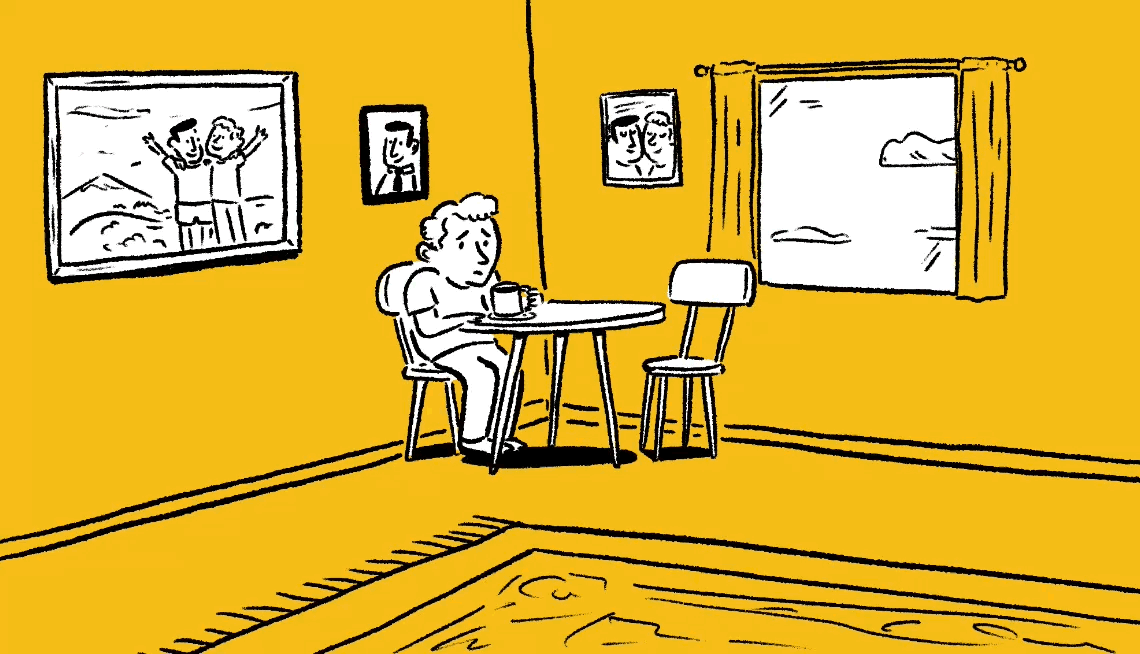AARP Hearing Center


My spouse died a few years ago, and I’m still grieving. I feel as if it’s affecting my health. Is that possible?
First, I’m sorry for your loss. I understand the power of grief. I’ve seen the way it can affect our physical and mental health both in my personal life and with patients. Years after a loved one’s death, grief can unexpectedly rise like a wave, particularly if an event reminds us of our loss. If it ebbs in a day or two and you go on with your life, there’s no reason to be concerned. But, from your question, it seems as if your grief is ongoing.
Medically speaking, a “normal” period to be in the throes of grief is between three and six months. By throes, I mean that during this time, you may experience deep sadness. Life can feel less safe and anxiety can creep in. You may be overwhelmed or confused about your identity without your spouse. I’ve had many patients say, “Dr. Adam, I don’t know who I am without my partner.”
You can have difficulty sleeping or sleep too much. You may lose interest in food, hobbies, current events, social connections and plans for your future. These reactions are normal, provided they don’t last too long.
Grief is a journey, so I don’t want to be too rigid about the timeline. That said, if it’s prolonged, you can put your health at risk. For this reader, who is still deeply grieving three years after their loss, I want to be specific: You might have “complicated grief.” Between 7 and 10 percent of older adults who lose a loved one experience this.


Ask Dr. Adam
Adam B. Rosenbluth, M.D., is an internist and cardiologist in New York City. Each Monday, he’ll weigh in on your questions about how to make your body work better for you. His AARP book will be published in 2027. Join in on the conversation on social media @dradamrosenbluth to learn to move the needle on your personal health in an achievable way.
I’ll talk about what might help, but first, let’s look at the potential health problems brought on by long-term grief. One study out of Rice University found that widows and widowers with elevated grief — pining for the deceased, difficulty moving on, a sense that life is meaningless — suffered up to 17 percent higher levels of inflammation than those who did not have those signs. Those in the top one-third of that group had 53.4 percent higher inflammation than those in the bottom third of the group.
Inflammation is linked to many chronic health conditions, from rheumatoid arthritis, Crohn’s disease, lupus and asthma to some cancers and heart problems. A heart condition that mimics a heart attack, called Takotsubo cardiomyopathy, also known as “broken heart syndrome,” is sometimes triggered by extreme emotions like grieving.


































































You Might Also Like
Effective Ways to Calm Anxiety as You Age
A doctor's advice on dealing with tension and worry
I Say ‘I Love You’ to My Kids Many Times a Day
And yet I’ve almost never said those words to my mother
Combating Loneliness: Tips for Connection
Overcome loneliness with these connection tips